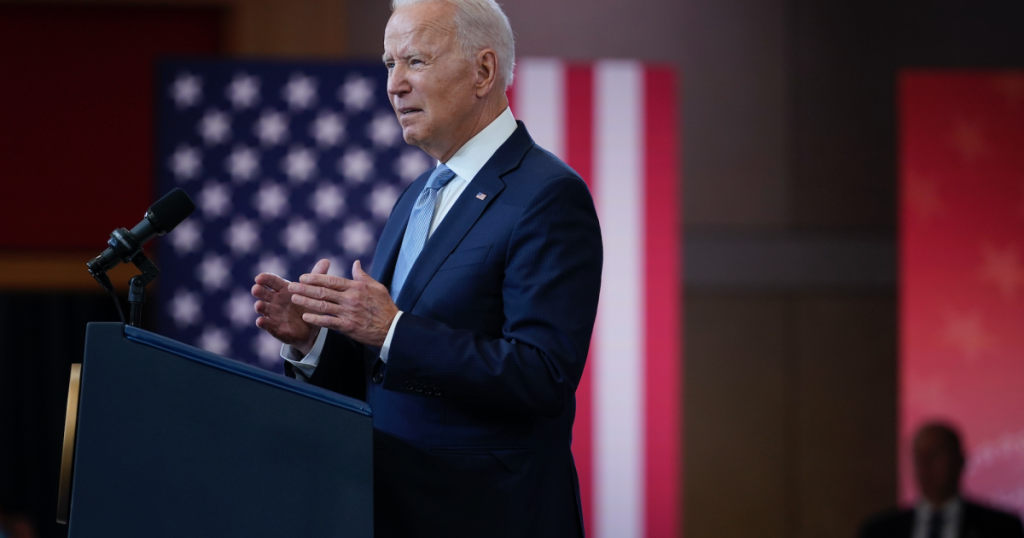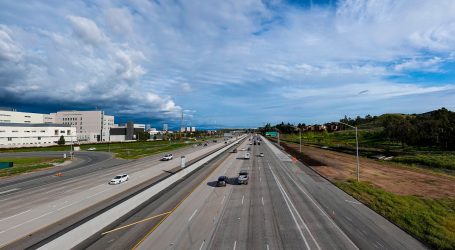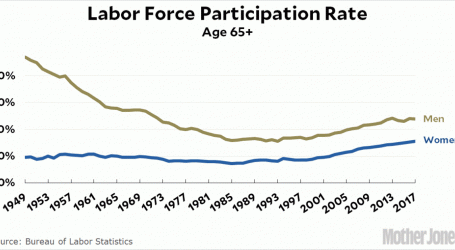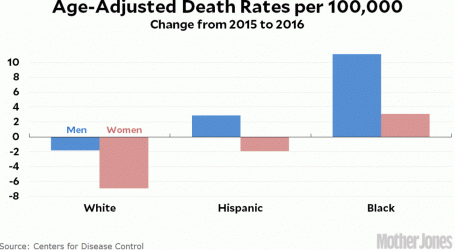Biden Gave His Most Impassioned Speech on Voting Rights Yet. But He Failed to Even Mention the Filibuster.
Evan Vucci/AP
Fight disinformation. Get a daily recap of the facts that matter. Sign up for the free Mother Jones newsletter.In his most high-profile speech yet on voting rights, President Biden on Tuesday sought to make the moral case for voter protections amid the threat posed by GOP-backed voter suppression bills sweeping the country. “This 21st century Jim Crow assault is real, it’s unrelenting, and we’re going to challenge it vigorously,” he said. But missing from his impassioned remarks was the one thing voting rights advocates say is impeding the passage of congressional legislation to halt the wave of restrictive voting efforts: the filibuster.
“Some things in America should be simple and straightforward,” Biden said from Philadelphia’s National Constitution Center. “Perhaps the most important of those things, the most fundamental of those things, is the right to vote. The right to vote freely.” He also indirectly blasted former President Donald Trump’s relentless, false claims that the 2020 election had been stolen from him. “The big lie is just that—a big lie.”
“You don’t call facts fake just because you’re unhappy,” he continued. “That’s not statesmanship, that’s selfishness. That’s not democracy.”
As expected though, the president stopped short of calling for an end to the Senate’s filibuster rules, even after Republicans filibustered a vote on debating the For the People Act, the Democrats sweeping democracy reform bill, in late June. Instead, Biden largely punted to Congress, saying that it was up to lawmakers to pass the For the People Act and the John Lewis Voting Rights Advancement Act, legislation he said he would sign if passed. In his speech Tuesday, Biden called the passage of the For the People Act a “national imperative,” but also said, “we have to be clear-eyed about the obstruction we face.” As an alternative to congressional legislation, the president also pointed to the Justice Department’s role in his plan to protect voters’ rights, but their lawsuit against Georgia faces an uphill battle after the Supreme Court’s severely weakened the remaining section of the Voting Rights Act.
In addition to denouncing laws making it harder to vote, Biden took aim at a flurry of laws that subvert traditional election administration and could make it easier for Republicans to overturn election results in states like Georgia. “Democracy or autocracy: that’s what it’s coming down to,” Biden said.
Biden’s remarks, while his most extensive to date denouncing voter suppression, are still likely to disappoint voting rights advocates who have called on Biden to go one step further and call to eliminate the filibuster, which raises the votes required to advance legislation from a 51 to a 60-vote threshold. Critics of the filibuster say that it allows minority parties to block highly popular legislation, such as the For the People Act, that would otherwise pass with a simple majority—and is therefore anti-democratic. In recent weeks, voting rights advocates have also questioned whether Biden has been inordinately focused on his jobs and infrastructure plan. Texas Democrats who fled the state on Monday to block a sweeping GOP voter suppression bill have called on Senate Democrats to exempt voting rights legislation from the filibuster, an idea that an increasing number of high-profile Democrats—such as House Majority Whip Jim Clyburn – are embracing.
The filibuster is not a law. It’s not in the Constitution. It’s a tradition that’s been misused throughout history to deny civil and voting rights.
Our constitutional rights ought not be subject to the filibuster.
— James E. Clyburn (@WhipClyburn) July 12, 2021
“We’d like for him to fight for voting rights as hard as they’ve been fighting for infrastructure,” Ezra Levin, co-executive director of Indivisible, said ahead of Tuesday’s speech. “They’ve probably spent one-hundredth of the political capital on democracy as they’ve spent on infrastructure.”





